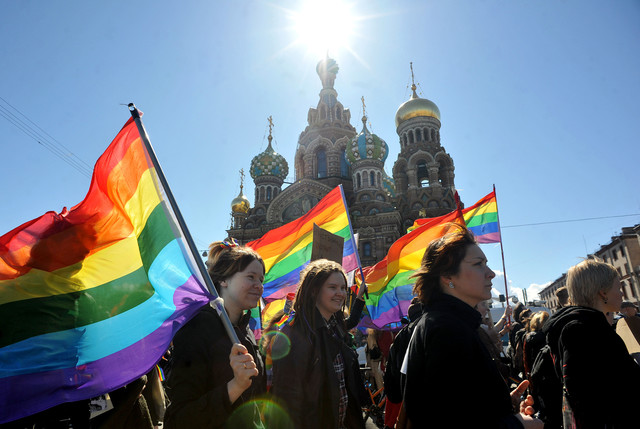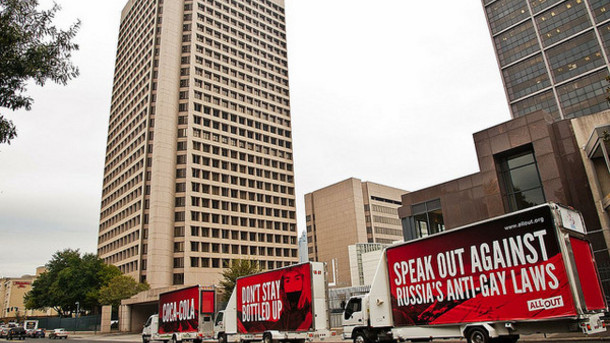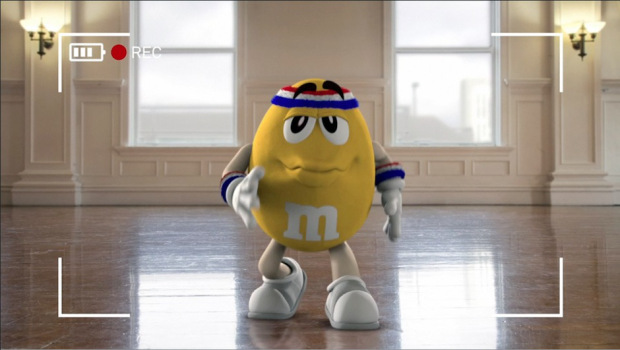http://www.cbc.ca/news/big-olympic-sponsors-tread-softly-around-russia-s-anti-gay-law-1.2526092
Often in the Olympics, hundreds of millions of dollars are poured into marketing and sponsorship by large, multi-national corporations. Though, this year in Sochi, quite an interesting ethical dilemma came up. Recently, Russia passed a law making it illegal to spread propaganda of non-traditional forms of sex to minors. On the surface, this may seem harmless– but, in reality, it is quite the contrary. This law further perpetuates the homophobic mentality in Russia. Since the passing of this law, the amount of homophobic-induced has both escalated in numbers and in severity.
So, how does this tie back into marketing? This matter leads directly back to company vision, mission, ethics, philosophy, brand image, and cultural differences in marketing. Gay rights activists from across the world have lobbied large corporations to use their power to condemn the passing of this law and against the unfair treatment of homosexuals in Russia. So, what should these large corporations such as Coca Cola and McDonalds do? On one hand, these corporations can speak up in opposition of these discriminative laws; on the other hand, these corporations can choose remain silent. Though, before the best course of action may be deduced, many factors must be considered. For one thing, the company’s set of values is very important: companies should act in accordance with the company philosophy and vision. Another important consideration is how will a company’s actions(or lack thereof) effect their consumers in the varying parts of the world, as each country has a very different cultural and social background. And, lastly, do these large corporations have any obligation to use their power and leverage to drive social change?



